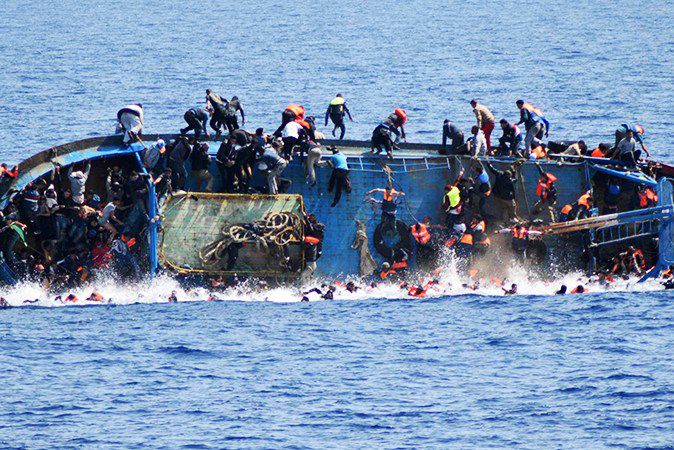By: Momodou Ndow
Trauma is an emotional response to a stressful or dangerous event that can lead to long-term mental or physical damage.
The back-way journey is undeniably traumatic, as evidenced by countless news reports and personal testimonies. Many who have embarked on this perilous path—both those who succeeded and those who failed—share stories of unimaginable suffering: deaths, torture, imprisonment, slavery, and a litany of human rights violations. The severity of the trauma experienced, whether in the desert or at sea, is profound.
For those who survive, the emotional and physical scars can be long-lasting. The brutality many endure can cause deep mental and physical harm. The aftermath of such trauma is complex and unique to each individual, shaped by their coping mechanisms and access to professional help. Some may develop severe mental illnesses, while others may suffer from PTSD (Post-Traumatic Stress Disorder), a condition where recovery from a terrifying event becomes a prolonged struggle.
The back-way is more than just terrifying—it is a life-altering experience. Many who made this journey to Europe now face ongoing mental health challenges, with some living on the streets, struggling to survive, while others turn to drugs or alcohol to numb the pain of their traumatic experience.
Trauma can alter one’s worldview, leading to a loss of hope, limited expectations for the future, and fear that life may end abruptly. This can undermine basic life goals—like pursuing education, building meaningful relationships, or securing stable employment. As a result, some may become more vulnerable, withdrawn, or aggressive, while others may resort to criminal behavior out of frustration or desperation.
The back-way phenomenon has caused untold suffering, particularly among our youth. Those who have died are at rest, but those who survived are left to cope with the aftermath of their trauma, which manifests in various ways depending on its severity and how they manage it. Trauma is real, and without professional support, healing from such harrowing experiences may be elusive.




